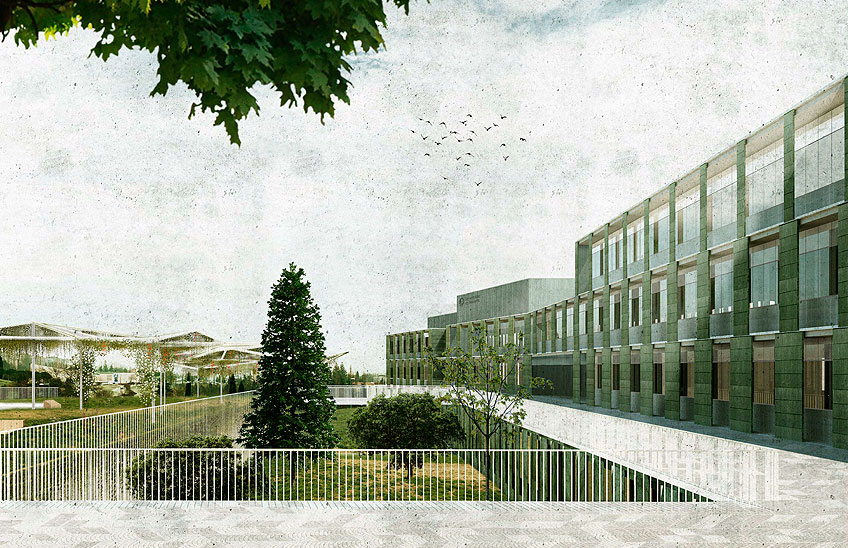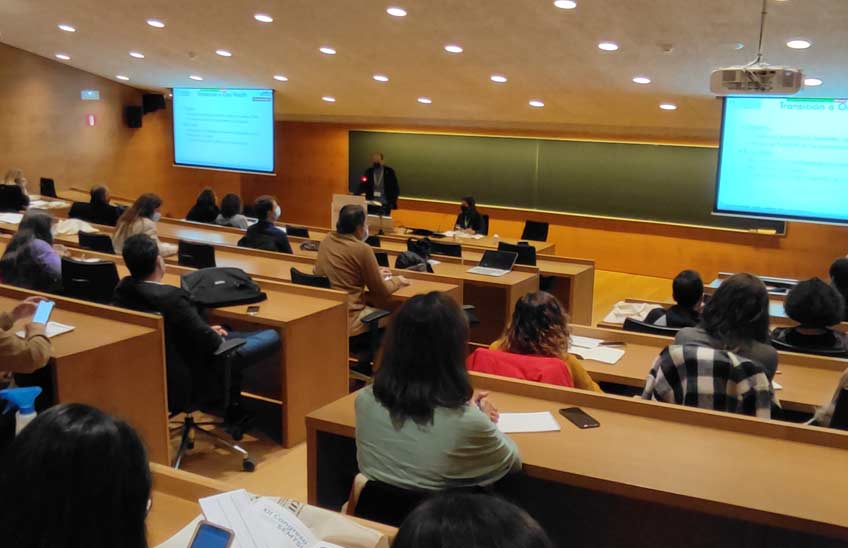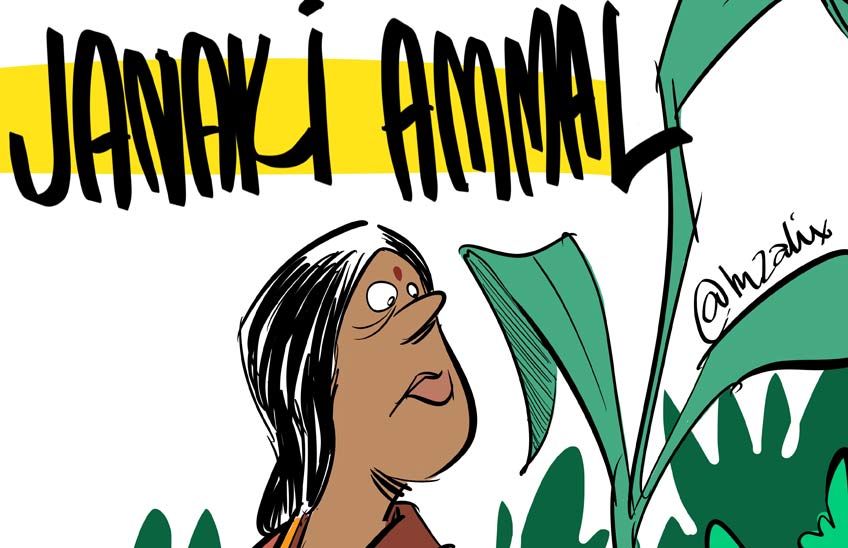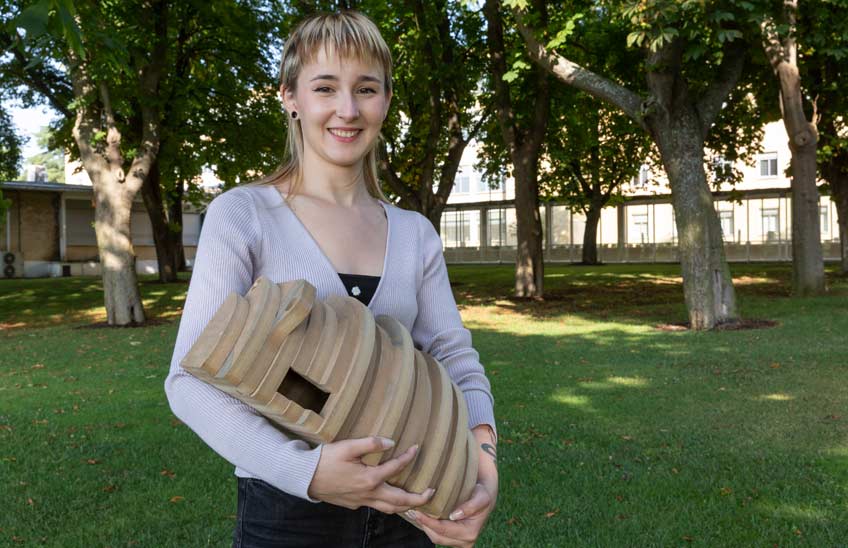"The environmental future of the planet will depend mainly on the city and the way its citizens live".
The research of Javier Zulategui from Pamplona, carried out at the University of Navarra, analyzes the incorporation of the concepts of sustainability, ecology and landscape to the urban internship .
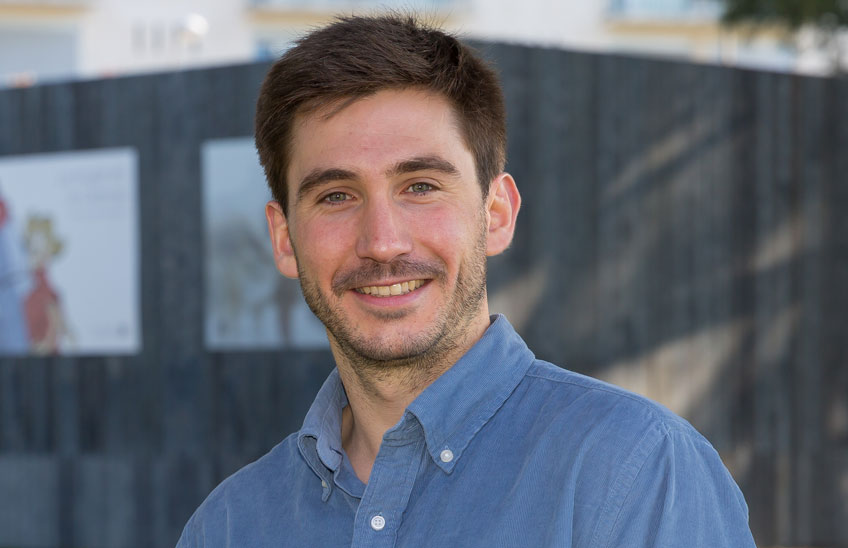
FotoManuelCastells/
Biologist Javier Zulategui has completed his thesis doctoral degree at the School of Architecture
17 | 05 | 2021
Understanding urbanism by examining respect for the global natural environment. This is one of the approaches of the research developed by Javier Zulategui, former student of Biology at the School of Sciences and PhD from the University of Navarra, who defended his on "La ciudad: Olvido y reencuentro con lo natural. School of ArchitectureD., who defended his research on "The city: Oblivion and reencounter with nature. Towards a review of environmental concepts in urban planning".
The starting point for this work is the contradiction between an environmentally conscious urban society and the progressive deterioration of the planet. In this sense, Dr. Zulategui proposes to define the city as an active part in the care of the Earth and invites the discipline of urbanism to renew some current Structures and functions, in the search for a greater environmental commitment. "The city is the predominant habitat of human beings and the lifestyles it implies determine their relationship with nature throughout the Earth. The environmental future of the planet will depend mainly on the city and the way its citizens live," says Dr. Zulategui.
This research contributes to reformulate the role of the city in the protection of the environment, the influence that the design of cities has on the human-nature relationship, and how urban planning is called to promote sustainable attitudes in citizens, beyond the urban environment. "This view implies questioning from the way in which each individual decides how to spend their time, how they move around, which paths they choose or how much attention they pay to the environment around them, to which subject products they consume or based on which criteria they decide where to live".
Dr. Zulategui's work consisted of a critical analysis of the history of modern urbanism and environmental sciences in parallel, as well as a review of the concepts of sustainability, ecology and landscape, and their incorporation internship in the design of cities. "Better incorporating these terms into urban theory and internship allows us to more adequately address this environmental challenge we face in the city."
For Javier Zulategui, the future of research must be aimed at understanding the city as the main framework to redefine the relationship between human beings and their urban, rural and natural environment. "Faced with an environmental scenario of uncertainty, the city must become one of the keys to redefining the relationship between human beings and nature, and for this it is necessary to look for another way of looking at the history of urbanism, aided by a more demanding understanding of environmental concepts."

